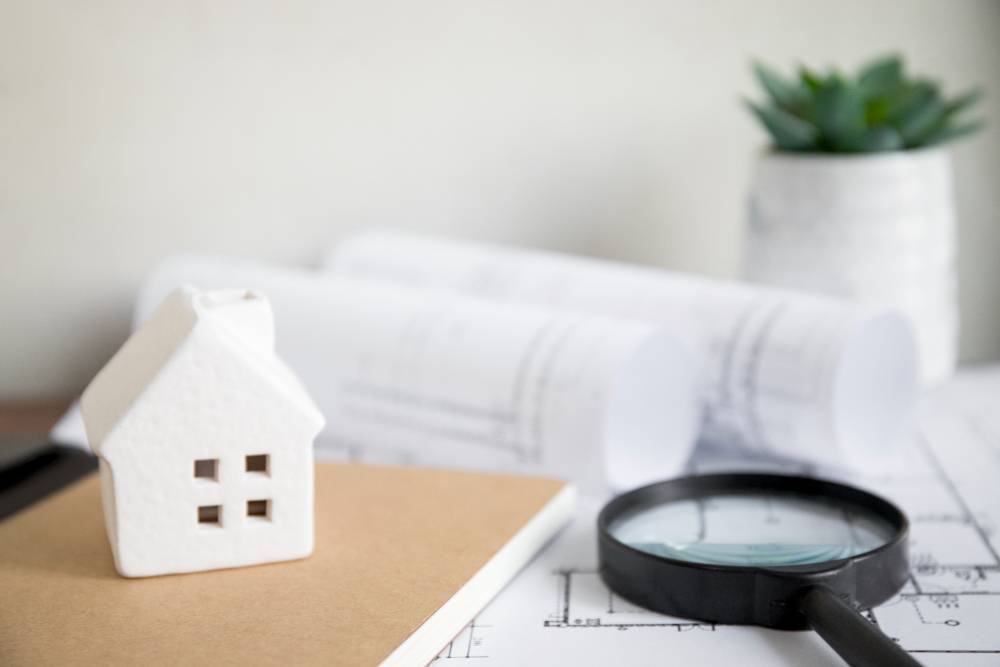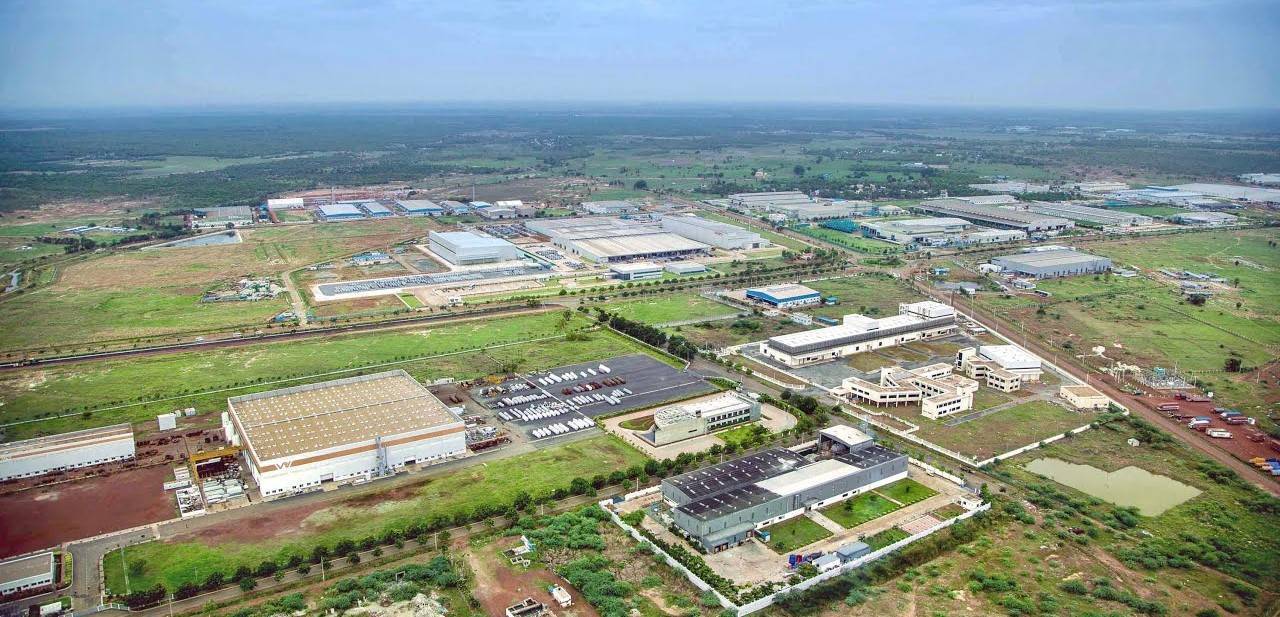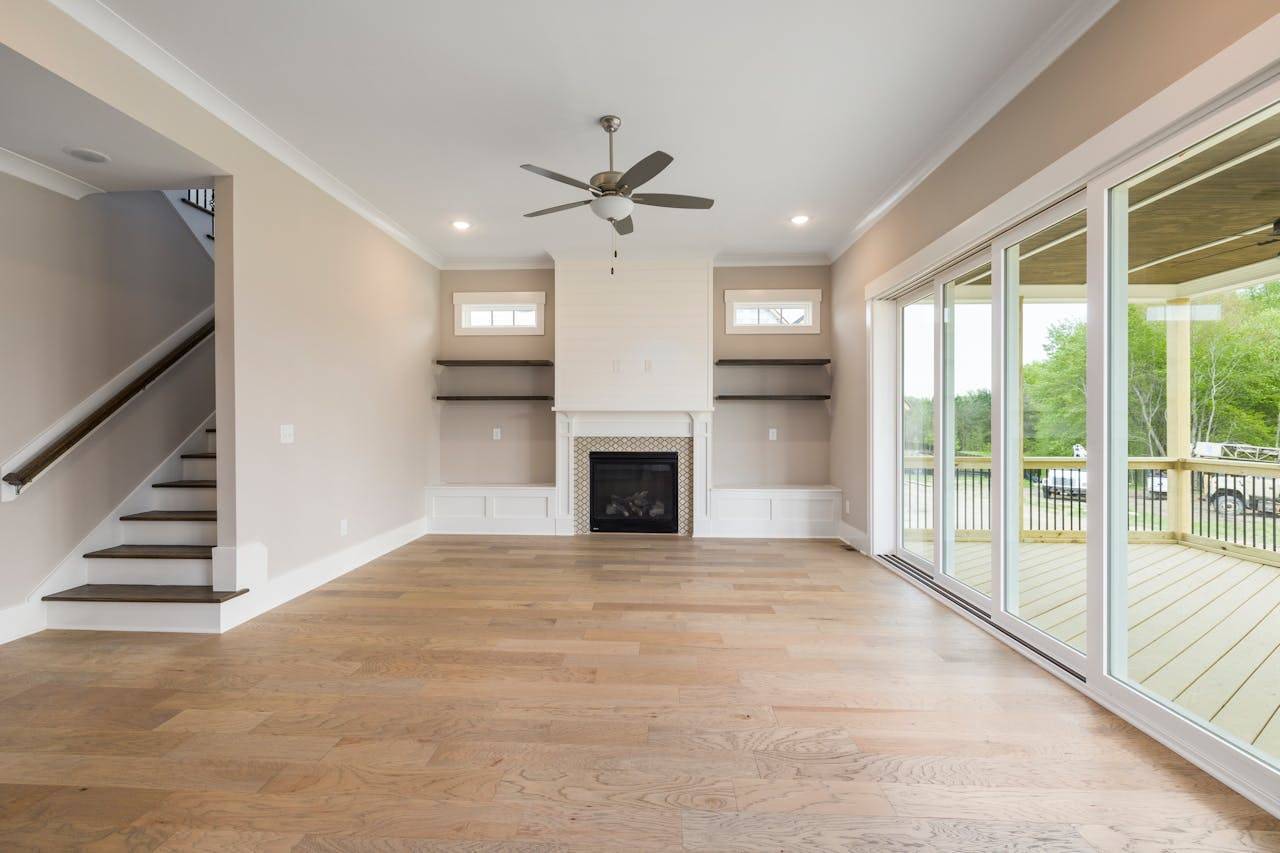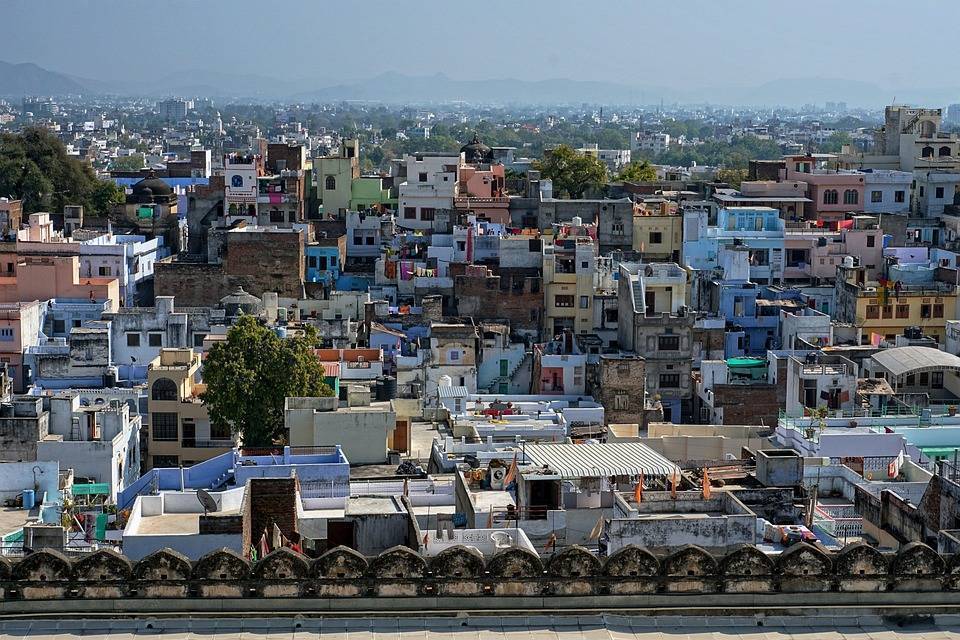Buying a home is a big decision, both financially and emotionally. It’s easy to get caught up in the excitement of finding the perfect place, but it’s important to take a step back and ensure that the property is in good condition. A thorough check can help you avoid potential problems that may be costly to fix later on. Whether the home is newly built or older, ensuring its structural integrity will give you confidence in your investment.
What is a Home Inspection?
A home inspection is a professional assessment of the condition of a property. Conducted by a qualified home inspector or a certified professional, this examination provides a detailed report about the property’s physical structure and systems, including any current or potential issues that could require repairs or attention. The purpose of the inspection is to give you a clear picture of the property’s condition, so you can make an informed decision about proceeding with the purchase or rental.
The inspection will focus on various components of the home, including the structure, plumbing, electrical systems, roofing, and other essential elements. A typical home inspection will give you a detailed report of the findings, which may include problems that need immediate fixing, issues that may arise in the future, and areas of the property that are well-maintained.
When You Should Do a Home Inspection?
A home inspection is crucial before finalizing any property transaction, whether buying, renting, or even constructing a property. Here's when you should consider conducting a home inspection:
1. When Buying a New Property
Even when purchasing a new property, it’s essential to ensure that everything is up to standard. A new home may still have hidden issues, such as faulty construction or unfinished work that wasn’t apparent during the buying process. Having an inspection before completing the purchase helps confirm that the home is in the condition you expect.
2. When Buying a Resale Property
Older homes often come with hidden problems. These issues may include structural damage, outdated plumbing or electrical systems, and wear and tear from years of use. A home inspection is especially important when purchasing resale properties because it helps identify such issues and prevents surprises after moving in.
3. When Renovating a Property
If you're planning to renovate a property, it’s a good idea to conduct a home inspection beforehand. This helps identify the areas that need immediate attention and estimate the costs of necessary repairs. It also ensures you don’t overlook critical problems that might arise during the renovation process.
4. When Renting a Property
Before signing a lease for a rental property, especially if it’s a high-end apartment or house, it’s a good idea to have the property inspected. You want to ensure that the property is safe to live in and meets basic living standards. An inspection can reveal hidden issues that the landlord may not be aware of, or worse, may be hiding.
5. During Construction
If you are in the process of constructing a property, conducting inspections at various stages of the building process is crucial. These inspections can help ensure that the construction meets the necessary standards and follows building codes. If you’re a developer or hiring a third-party construction company, home inspections are essential to verify that the construction quality is up to par.
What is Checked During a Home Inspection?
A home inspection typically covers several key areas of the property. Below is a breakdown of what is usually checked:
1. Structural Components
This includes checking the foundation, walls, ceilings, floors, staircases, doors, and windows. The inspector will look for any cracks, settling issues, or signs of damage that could indicate serious structural problems. They will also assess the general condition of these components to ensure they are safe and stable.
2. Roofing and Balconies
The roof is one of the most critical components of a home. The inspector will assess the roof's condition, checking for any missing or damaged shingles, leaks, or other signs of wear and tear. They will also inspect the balconies to ensure they are structurally sound.
3. Plumbing
Plumbing issues can be costly to repair, so it's crucial to have your plumbing thoroughly checked. The inspector will assess the water supply, drainage systems, water heaters, and the overall state of the pipes. Any leaks, corrosion, or blockages will be noted in the inspection report.
4. Electrical Systems
Electrical systems are essential for the safety and functionality of the home. The inspector will check the electrical panel, wiring, outlets, and switches to ensure they are up to code and functioning properly. They will also look for any signs of overloading or faulty wiring that could pose a risk.
5. Interior Features
Interior features such as cabinets, countertops, and any installed appliances (like refrigerators, dishwashers, etc.) will be checked to make sure they are in good working order. The inspector will look for any signs of damage, wear, or malfunction.
6. Exterior Features
This includes checking the foundation, grading, and drainage systems around the property. Proper drainage is critical to prevent water damage or flooding around the property. The inspector will also look for any cracks or gaps in the exterior walls, which could indicate potential issues with the property’s structure.
7. Insulation and Ventilation
Good insulation and ventilation are necessary to ensure a comfortable and energy-efficient home. The inspector will check areas such as the attic and crawl spaces to make sure there is sufficient insulation. They will also check ventilation systems to ensure they are properly working to prevent issues like dampness or mold growth.
What is Included in a Home Inspection?
A comprehensive home inspection includes several stages. Here’s what’s typically involved:
1. Visual Inspection
This is the first step in a home inspection. The inspector will conduct a visual assessment of the property, identifying any obvious issues like cracks in the walls or ceilings, plumbing problems, or damage to the roof.
2. Testing and Examination
Once the visual inspection is complete, the inspector will use specialized tools to examine the various systems and components of the home. This may include testing the electrical outlets, checking the water pressure in the plumbing, and examining the air conditioning and heating systems.
3. Reporting Findings
After the inspection, the inspector will prepare a detailed report outlining the findings. This report will include descriptions of any issues found, along with recommendations for repairs or maintenance. The report will also include advice on whether the property is worth purchasing or renting based on the overall condition of the property.
Benefits of a Home Inspection
Investing in a home inspection has several benefits that can save you money and prevent future headaches. Here are some key advantages:
1. In-Depth Overview of the Property’s Condition
A home inspection provides you with a comprehensive understanding of the property’s condition, allowing you to make an informed decision. It helps uncover hidden issues that could have been overlooked during the initial viewing.
2. Helps in Negotiation
If the inspection report reveals significant issues with the property, you can use this information to negotiate a better price with the seller. If there are minor problems, you can request that they be fixed before the deal is finalized.
3. Avoids Future Costs
By identifying potential issues early on, a home inspection can help you avoid costly repairs in the future. For instance, knowing that the plumbing or electrical system is outdated or in need of replacement will allow you to budget for these expenses ahead of time.
4. Safety Investment
A home inspection gives you peace of mind by ensuring that the property you are purchasing is safe, functional, and in good condition. It helps eliminate doubts and ensures that you're making a sound investment.
Ultimately, a home inspection is a safeguard for your investment. It helps you make an informed decision and ensures that the property you're purchasing is worth the money you're paying for it. With a professional home inspection, you can rest assured that you won’t encounter expensive surprises after moving in.
Average Cost of a Home Inspection in India
The cost of a home inspection in India can vary significantly depending on factors such as property size, location, the type of inspection required, and the scope of services offered. As per home inspection specialist, PropChck , the costs varies based on property size and the inspection type chosen.
Basic Home Inspection
A basic home inspection is designed to evaluate the general condition of the property, including structural stability, plumbing, electrical systems, and more. The costs for basic home inspections are as follows:
- For properties under 1000 square feet: ₹5,000 to ₹8,000
- For properties between 1000 to 2000 square feet: ₹8,000 to ₹12,000
- For properties over 2000 square feet: ₹12,000 to ₹20,000
Comprehensive Home Inspection
A comprehensive home inspection covers all aspects of a basic inspection but goes into greater detail, including specialized checks such as energy efficiency, pest infestation, and mold issues. The costs for comprehensive inspections are:
- For properties under 1000 square feet: ₹8,000 to ₹12,000
- For properties between 1000 to 2000 square feet: ₹12,000 to ₹20,000
- For properties over 2000 square feet: ₹20,000 to ₹35,000
Factors Influencing Home Inspection Costs
Several factors can affect the cost of a home inspection, including:
- Property Size: Larger properties will generally cost more to inspect, as they require more time and resources.
- Location: Inspections in urban areas or metropolitan regions tend to be more expensive than those in rural areas.
- Property Type: Luxury homes, villas, and large apartments often require more specialized inspections and will incur higher costs.
- Property Age: Older properties may have more issues requiring detailed inspection, increasing the overall cost.
- Type of Inspection: Basic inspections are cheaper than comprehensive inspections that include additional services like pest or mold inspections.
By understanding the different types of inspections and costs, you can make an informed decision when scheduling a home inspection, ensuring you get the most value for your investment.
Conclusion
A home inspection is an essential step in the property investment process, offering significant value by providing a clear and comprehensive understanding of a property’s condition. Whether you're buying a newly constructed home, an older property, or even renting, a professional inspection helps you identify potential issues before they become costly problems. Not only does it give you peace of mind, but it also empowers you to make informed decisions, negotiate better prices, and protect your long-term investment. By investing in a home inspection, you are safeguarding your future and ensuring that your property will meet your needs and expectations for years to come.









.png)